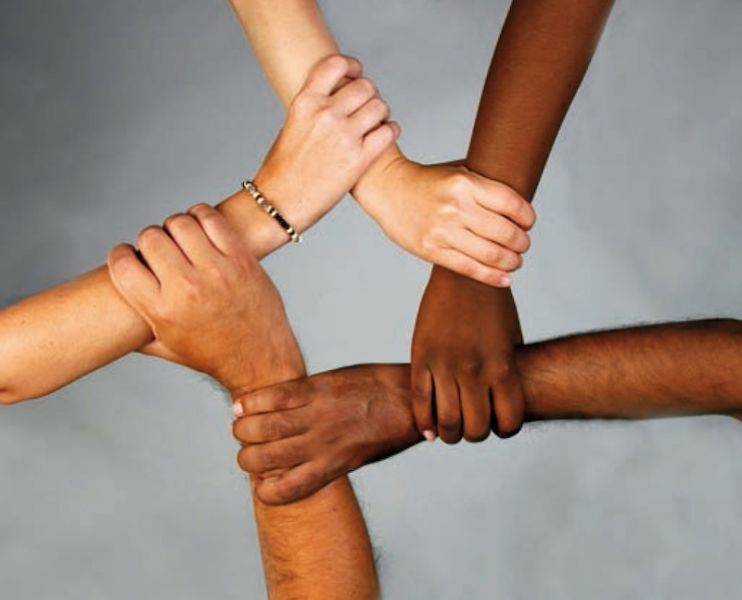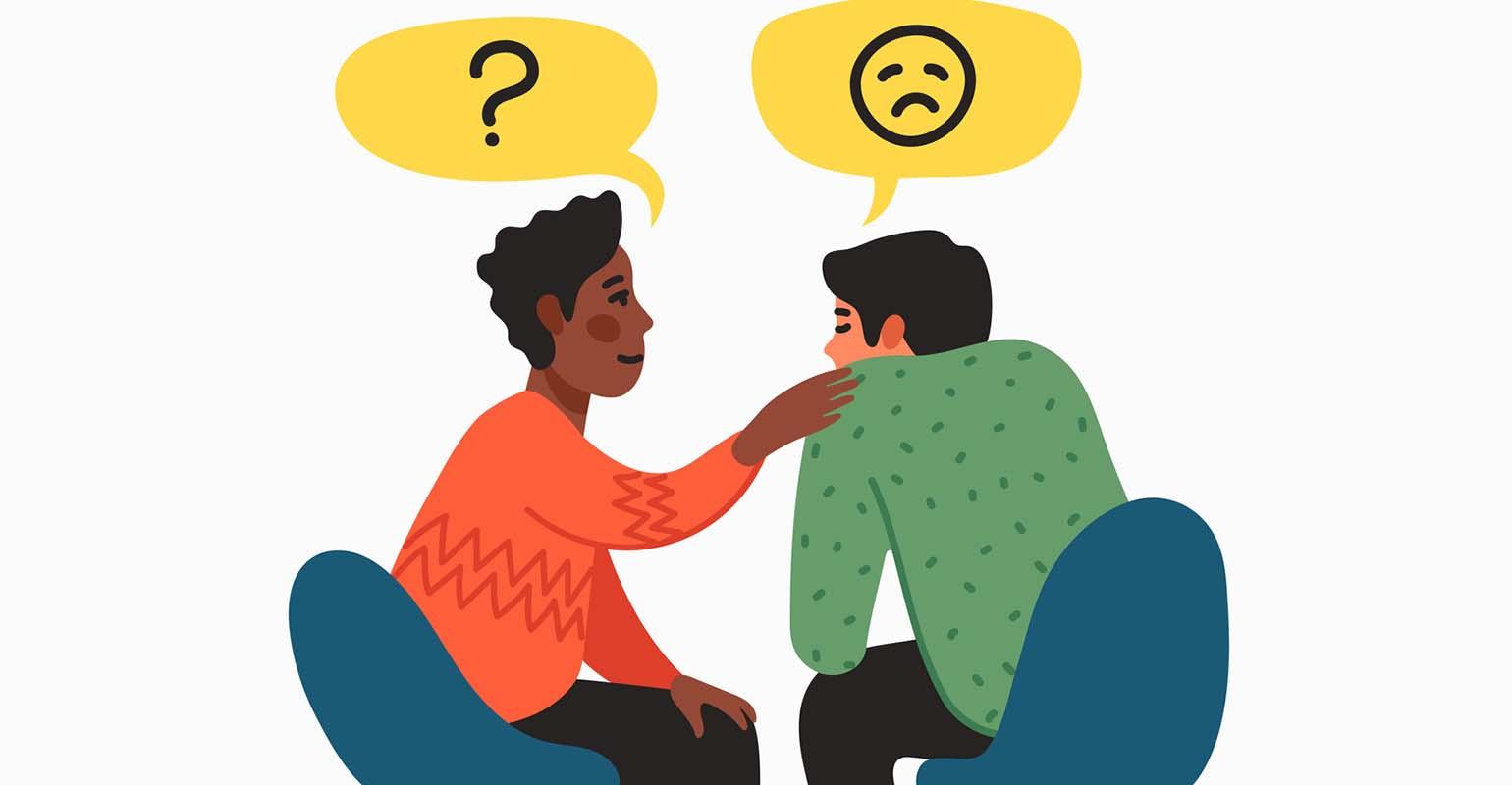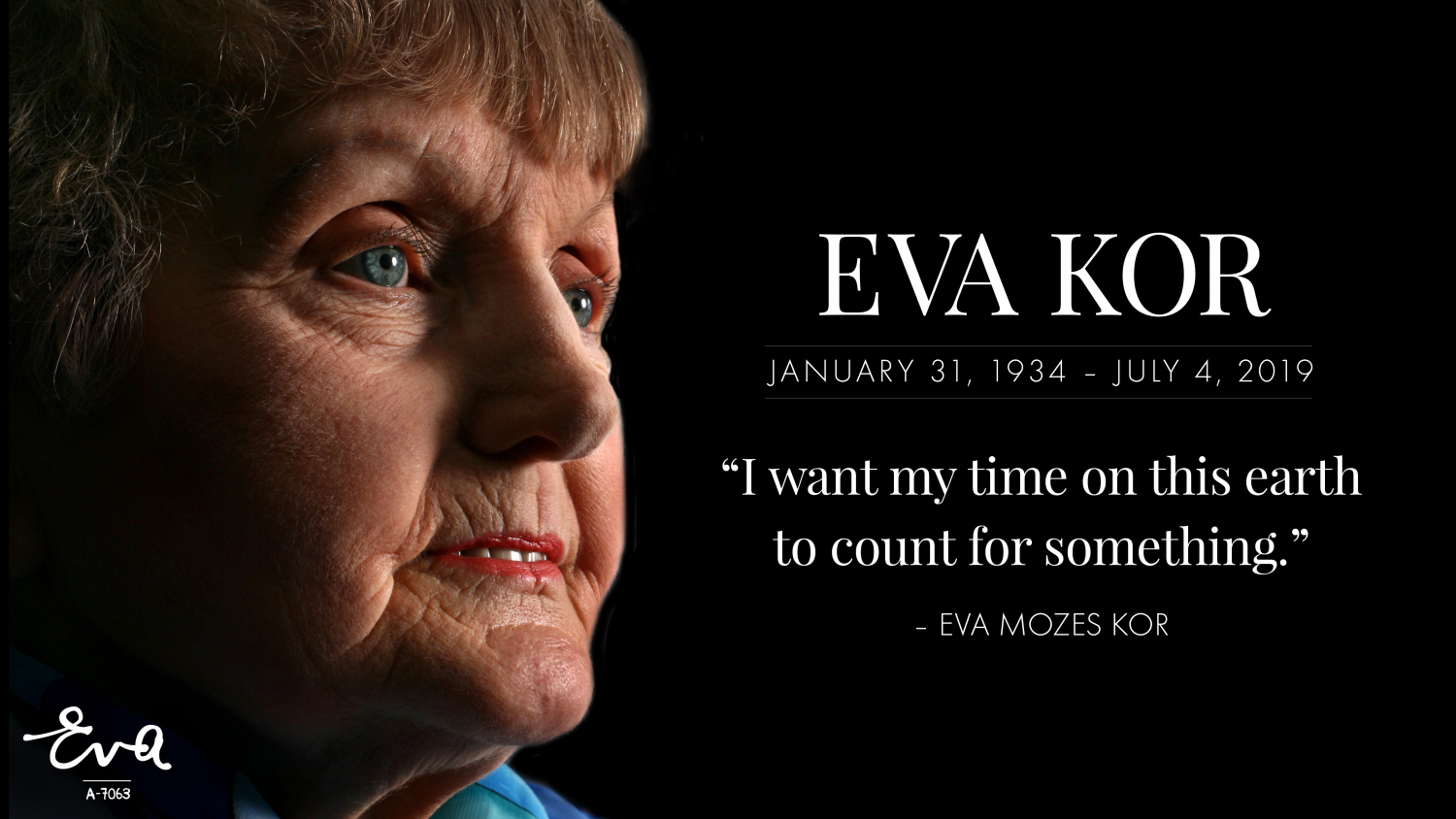The Art of Forgiveness: Letting Go and Moving Forward
Forgiveness is often described as an art form—a complex yet beautiful process that can transform lives and relationships in profound ways. It's not just about saying "I forgive you" and moving on; it's a deeply personal journey that requires courage, compassion, and understanding. In this blog post, we'll explore the essence of forgiveness, its key aspects, and why it's so essential for our well-being.
What is Forgiveness?
At its core, forgiveness is about letting go of resentment, anger, and the desire for revenge towards someone who has hurt us. It's about releasing ourselves from the emotional burden of carrying around negative feelings and finding peace within ourselves. But forgiveness doesn't mean condoning or excusing the wrongs done to us; it's about acknowledging the hurt while choosing to move forward without being consumed by it.
The Key Aspects of Forgiveness
Forgiveness is a multi-dimensional concept that encompasses various aspects, each crucial to the process:
1. Acceptance:
Accepting that we cannot change the past and that holding onto anger and resentment only harms us, in the long run, is the first step towards forgiveness. It's about coming to terms with what has happened and letting go of the need for things to be different.
2. Empathy:
Empathy plays a vital role in forgiveness. It involves putting ourselves in the shoes of the person who has hurt us and trying to understand their perspective, motivations, and circumstances. This doesn't mean justifying their actions but recognizing their humanity and flaws.
3. Compassion:
Compassion towards ourselves and others is essential for forgiveness. It's about treating ourselves with kindness and understanding, acknowledging our pain without letting it define us. It's about extending the same compassion to those who have wronged us and recognizing their capacity for growth and change.
4. Reconciliation:
While reconciliation is not always possible or advisable, it's sometimes a natural outcome of forgiveness. It involves restoring trust and repairing the relationship, but it requires mutual commitment, honesty, and communication.
5. Self-forgiveness:
Often overlooked, self-forgiveness is a crucial aspect of forgiveness. It's about letting go of guilt and self-blame, recognizing our own humanity and capacity for mistakes, and allowing ourselves to heal and grow.
The Relevance of Forgiveness
Forgiveness is not just a lofty ideal or a moral virtue; it has real and tangible benefits for our well-being:
1. Emotional Healing:
Holding onto grudges and resentment can take a significant toll on our emotional health, leading to stress, anxiety, and depression. Forgiveness frees us from these negative emotions, allowing us to experience greater peace and happiness.
2. Physical Health:
Research has shown that practising forgiveness can have positive effects on our physical health, such as lowering blood pressure, reducing the risk of heart disease, and boosting the immune system. Letting go of anger and bitterness can literally make us healthier.
3. Improved Relationships:
Forgiveness is essential for building and maintaining healthy relationships. It fosters trust, intimacy, and empathy, allowing us to connect more deeply with others. It also creates a more positive and supportive environment for growth and mutual understanding.
4. Personal Growth:
Forgiveness is a transformative process that can lead to profound personal growth and development. It requires us to confront our own vulnerabilities, biases, and limitations, fostering greater self-awareness and empathy.
Insights and Anecdotes
One of the most powerful examples of forgiveness in action is the story of Eva Kor, a Holocaust survivor who forgave the Nazis for the atrocities they committed. Despite experiencing unimaginable suffering and loss, Eva chose to forgive because she realized that holding onto anger and hatred only continued to harm her. She founded the CANDLES Holocaust Museum and Education Center to promote forgiveness, reconciliation, and healing.
Another inspiring example is the story of Nelson Mandela, who forgave his oppressors after spending 27 years in prison. Mandela famously said, "Resentment is like drinking poison and then hoping it will kill your enemies." He understood that forgiveness was not just about letting go of the past but about building a better future for all South Africans.
Conclusion
The art of forgiveness is a powerful and transformative process that has the potential to change lives and build a more compassionate and understanding world. It's not always easy, and it requires courage, humility, and patience, but the rewards are immeasurable. As we continue on our journey of self-discovery and personal growth, let us remember the profound wisdom of forgiveness and its capacity to heal, transform, and inspire.
So, are you ready to embark on your own journey of forgiveness? It may not be easy, but I promise you, it will be worth it.











Comments
Post a Comment